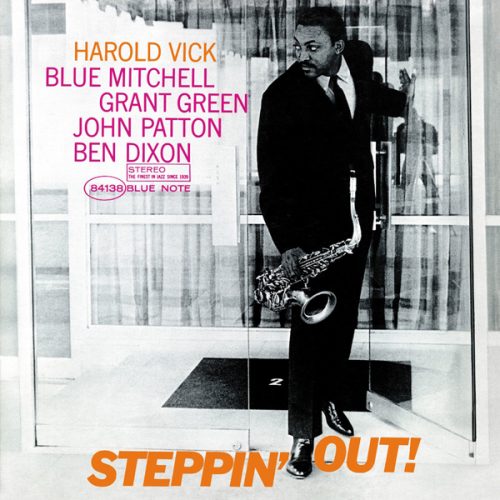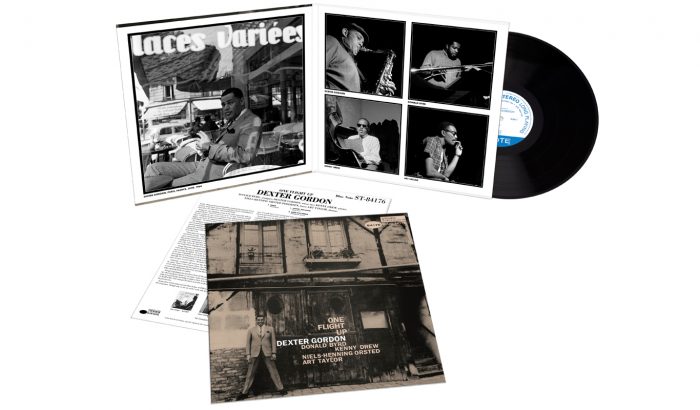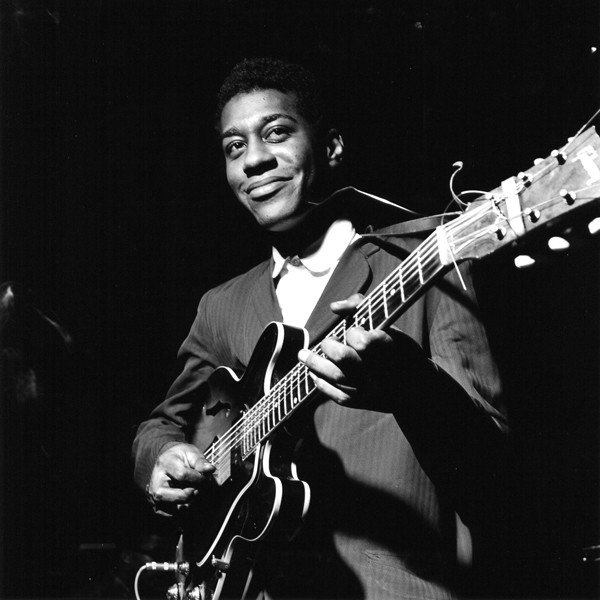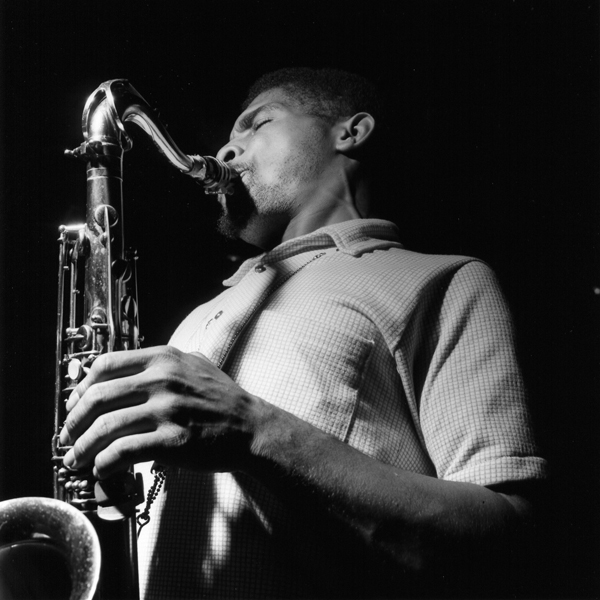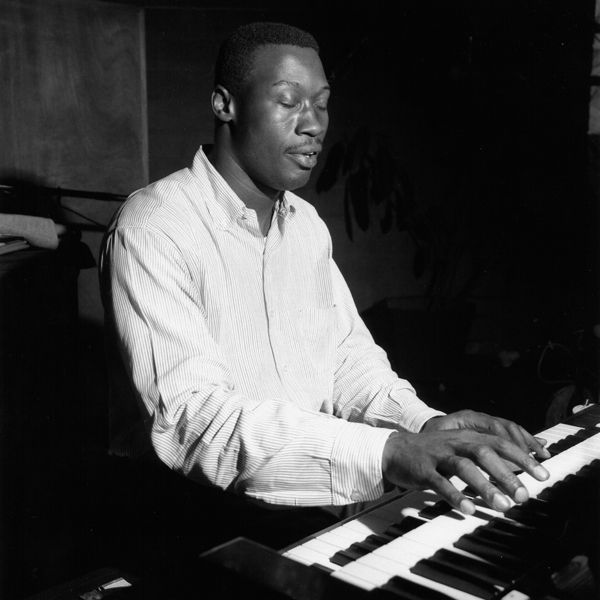One of jazz’s great unsung saxophonists, Harold Vick can be placed in a category with the likes of Booker Ervin, David “Fathead” Newman, Wilton Felder, and James Clay — hard-toned, aggressive, funky tenorists who placed an emphasis on the blues even as they embodied state-of-the-art bop-derived modernism. Although he led relatively few recording dates, Vick was held in high regard by other leaders, especially such ’60s-era soul-jazz organists as Brother Jack McDuff, Jimmy McGriff, Shirley Scott, and Big John Patton. Vick also performed and recorded with many noted R&B and jazz vocalists, including Ray Charles, Aretha Franklin, Ashford & Simpson, Angela Bofill, Abbey Lincoln, and Lena Horne.
Vick was born in the same small North Carolina town — Rocky Mount — as pianist Thelonious Monk (his elder by 20 years). Vick started playing music at the age of 13 when his uncle Prince Robinson (a highly regarded tenor saxophonist who played with Louis Armstrong, Duke Ellington, McKinney’s Cotton Pickers, and others during the ’20s and ’30s) gave him a clarinet. At 16 Vick took up the tenor and soon after began playing in R&B bands. In the ’50s Vick moved to Washington, D.C., and studied psychology at Howard University. He continued to play, mostly with R&B bands.
His work with such organists as McDuff and McGriff began attracting attention. By the mid-’60s, Vick was leading his own groups, featuring such players as trumpeter Blue Mitchell and guitarist Grant Green. In 1963, he recorded his first album as a leader, Steppin’ Out!, for the Blue Note label. Between 1966 and 1974 he led dates for the RCA, Muse, and Strata East labels. In 1972 he recorded with Jack DeJohnette’s band Compost, one of the drummer’s first efforts at leading a band.
By the mid-’70s Vick had essentially stopped recording as a leader. His career as a sideman flourished, however. He continued working with organists Scott and McGriff, singers Franklin and Charles, Dizzy Gillepie’s big band, and with R&B acts both in the studio and on the road. Shortly before his death in 1987, Vick recorded a pair of Billie Holiday tributes with singer Abbey Lincoln for the enja label. In 1998 Sonny Rollins paid tribute to Vick by composing and recording a tune titled “Did You See Harold Vick?” ~ Chris Kelsey


